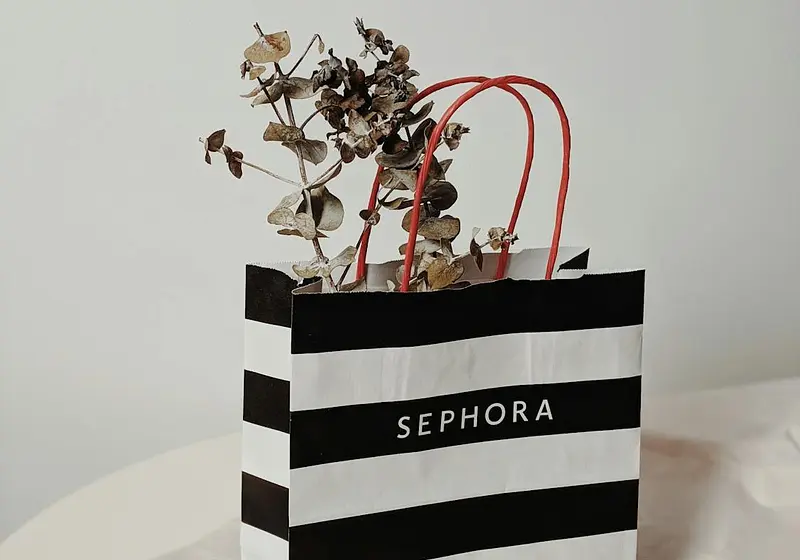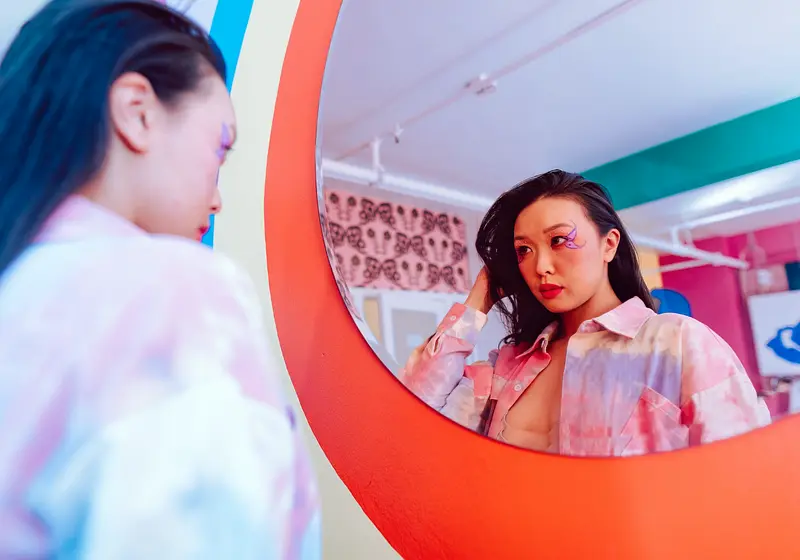In the world of beauty and skincare, trends often emerge that capture attention, spark debate, and sometimes raise eyebrows. One such trend that has recently stirred controversy is the growing phenomenon of young children, as young as 10 years old, purchasing high-end skincare products, particularly those from brands like Drunk Elephant.
While some view this as harmless experimentation or a reflection of changing societal norms, others express concern about the implications of such early exposure to expensive skincare routines. This trend prompts a deeper examination of its impact on children, parents, and the beauty industry as a whole.
The Rise of Youth in Skincare Culture
In recent years, there has been a noticeable shift in skincare culture, with a younger demographic showing increased interest and participation. Social media platforms like TikTok and Instagram have played a significant role in popularizing skincare routines among teenagers and pre-teens, showcasing elaborate rituals and product recommendations.
Influencers, many of whom are themselves young, often promote luxury skincare brands, creating aspirational images and fostering a desire for high-quality products among their followers.
Drunk Elephant, known for its clean, high-performance formulations, has gained a cult following among skincare enthusiasts of all ages. Its colorful packaging, catchy product names, and promises of transformative results appeal to consumers seeking effective solutions for their skincare concerns. However, the brand's relatively high price point places it out of reach for many, leading to questions about accessibility and inclusivity within the beauty industry.
The Controversy Unveiled
The controversy surrounding 10-year-olds purchasing Drunk Elephant and other expensive skincare products brings several key issues to the forefront. Firstly, there is the question of parental supervision and responsibility.
While some parents may view skincare experimentation as harmless play or a bonding activity with their children, others worry about the message it sends regarding materialism and consumerism at a young age. Additionally, concerns arise regarding the appropriateness of exposing children to potentially potent ingredients and complex skincare regimens before they fully understand their implications.
Moreover, the socio-economic aspect cannot be ignored. Not all families can afford to indulge in luxury skincare, and the pressure to keep up with peers or societal beauty standards may exacerbate feelings of inadequacy among children from less privileged backgrounds. This raises issues of equity and highlights the need for greater diversity and affordability within the beauty industry.
Industry Response and Ethical Considerations
As discussions around this trend continue, the beauty industry faces scrutiny regarding its marketing strategies and ethical responsibilities. While companies have a right to target specific demographics, they must also consider the potential consequences of promoting luxury skincare to impressionable young consumers.
Transparency in advertising, education on skincare ingredients and proper usage, and initiatives to promote self-esteem and body positivity among youth are steps that brands can take to mitigate harm and foster a healthier relationship with beauty.
Furthermore, parents play a crucial role in guiding their children's interactions with skincare and instilling values of self-care, moderation, and self-acceptance. Open communication, setting boundaries, and leading by example can help children develop a balanced perspective on beauty and wellness.
Moving Forward
The phenomenon of 10-year-olds buying Drunk Elephant and expensive skincare products underscores the complex interplay between consumer culture, societal norms, and individual choice. While it reflects evolving attitudes towards self-care and personal grooming, it also raises important questions about parental oversight, financial privilege, and the responsibilities of the beauty industry.
By engaging in thoughtful dialogue and taking proactive steps to promote inclusivity, education, and ethical practices, stakeholders can work towards a beauty culture that empowers individuals of all ages to feel confident, informed, and comfortable in their skin.










